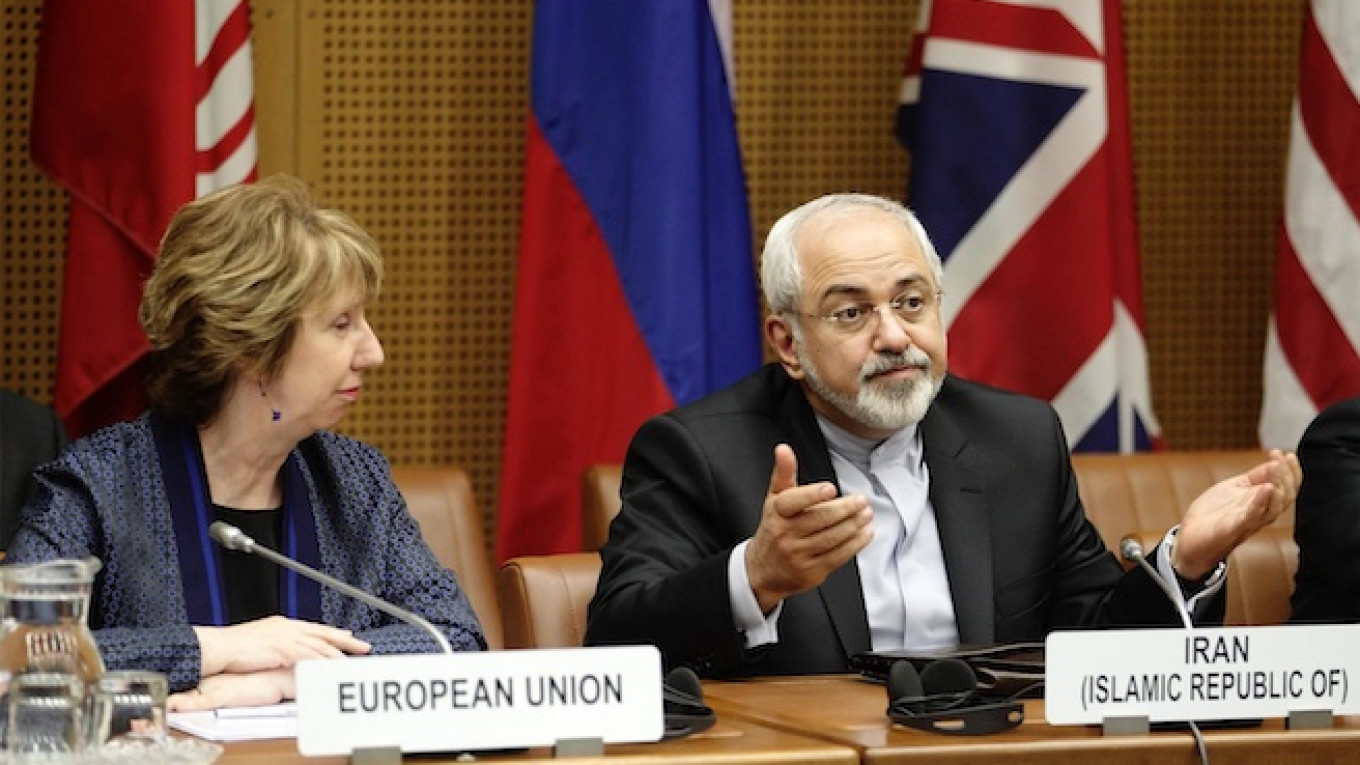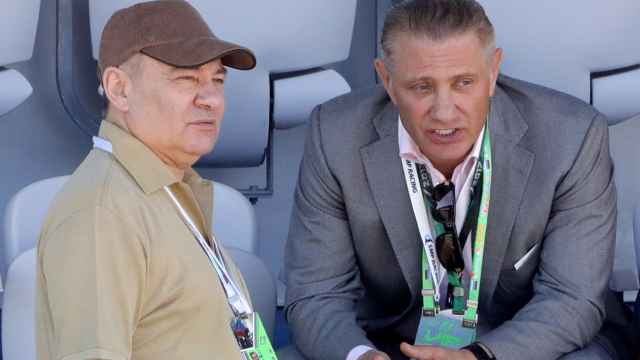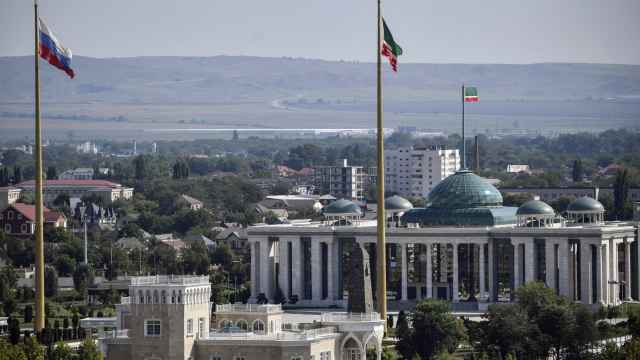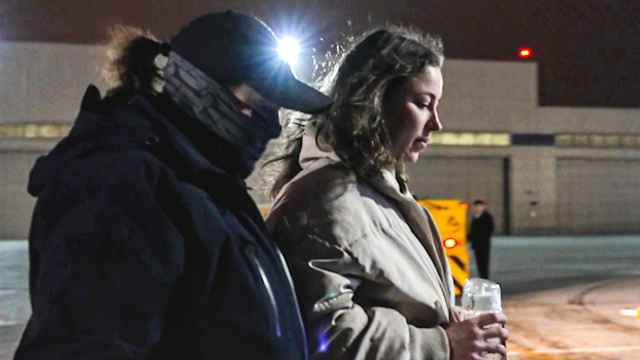Iran and six world powers — the United States, France, Germany, China, Russia and Britain — aim to end a decade-old nuclear standoff by a self-imposed Nov. 24 deadline.
The talks are centered on curbing Iran's atomic activities in exchange for a lifting of sanctions hurting its economy.
But with less than six weeks to go before this target date, Western officials say there are still significant differences between the sides, especially over the future scope of Iran's uranium enrichment production.
One of Iran's chief negotiators, Deputy Foreign Minister Abbas Araqchi, last week raised the possibility that the talks could be extended. But a U.S. State Department official said Washington believed there was still time to reach a comprehensive solution by the target date.
"I'm sure that a compromise is possible," said Lavrov, during a visit to Paris where he met U.S. Secretary of State John Kerry on Tuesday.
"I can't guarantee you that it would be reached by Nov. 24. This date is not sacred," he told Russian television. "We are striving to reach a result before this date, but I'm sure that the main thing is not artificial schedules but the essence of the agreements. That is the main thing for us."
Lavrov himself will not be in Geneva for Wednesday's talks.
Iran rejects Western allegations that it is seeking nuclear weapons capability, but has refused to halt uranium enrichment, and has been hit with U.S., EU and UN Security Council sanctions as a result.
Iranian Foreign Minister Mohammad Javad Zarif said the sides "might need more time" to discuss the issues and potential solutions, Iran's ISNA news agency reported on Wednesday.
"We are reviewing all the possible solutions to end the disputes. The fact that there are eye-catching disputes, does not mean they cannot be resolved," it quoted Zarif as saying after meeting Ashton in Vienna on Tuesday, where they will hold talks with Kerry on Wednesday.
"We have not reached a common conclusion yet, but I think it can be reached if there is a political will," he added.
A Message from The Moscow Times:
Dear readers,
We are facing unprecedented challenges. Russia's Prosecutor General's Office has designated The Moscow Times as an "undesirable" organization, criminalizing our work and putting our staff at risk of prosecution. This follows our earlier unjust labeling as a "foreign agent."
These actions are direct attempts to silence independent journalism in Russia. The authorities claim our work "discredits the decisions of the Russian leadership." We see things differently: we strive to provide accurate, unbiased reporting on Russia.
We, the journalists of The Moscow Times, refuse to be silenced. But to continue our work, we need your help.
Your support, no matter how small, makes a world of difference. If you can, please support us monthly starting from just $2. It's quick to set up, and every contribution makes a significant impact.
By supporting The Moscow Times, you're defending open, independent journalism in the face of repression. Thank you for standing with us.
Remind me later.






